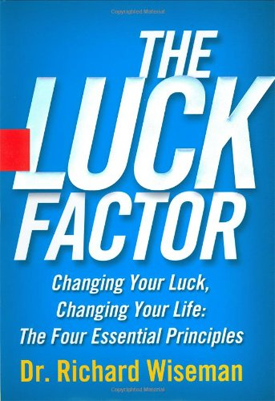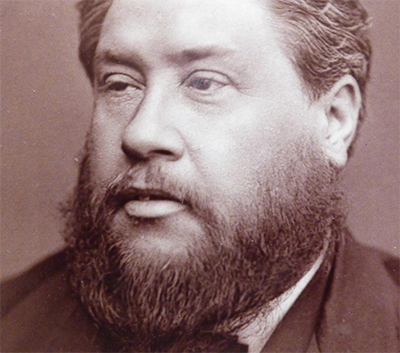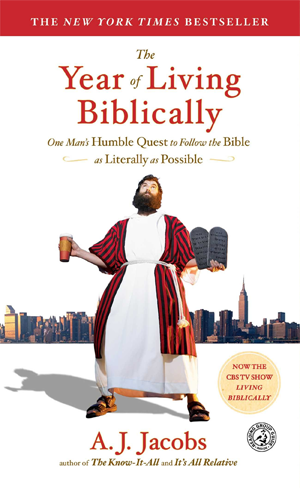Staring Down Misconceptions
 There are numerous misconceptions floating around, frequently quoted as authoritative. So many that Wikipedia has a page devoted to them.
There are numerous misconceptions floating around, frequently quoted as authoritative. So many that Wikipedia has a page devoted to them.
A few examples.
Abner Doubleday did not invent baseball. Neither did it originate in Cooperstown, New York. It is believed to have evolved from other bat-and-ball-based-games such as cricket and rounders. It first took its modern form in New York City.
The Great Chicago Fire of 1871 was not caused by Mrs. O’Leary’s cow kicking over a lantern. A newspaper reporter invented the story to make colorful copy. (Imagine that.)
Houseflies have an average lifespan of 20 to 30 days, not 24 hours.
Eating less than an hour before swimming does not increase the risk of experiencing muscle cramps.
People do not use only ten percent of their brains. This misconception dates back to the early 20th century. It has been attributed to psychologist William James, who used the expression metaphorically.
Another common misconception is that the Bible says “God helps those who help themselves.” Many will say it’s their favorite verse, thought they’re hard pressed to tell you exactly where it can be found.
The list of misconceptions goes on and on, underlying a simple reality:
Just because you’ve heard something all your life doesn’t make it true.
OTHER ALL-TOO COMMON MISCONCEPTIONS.
What are some other misrepresentations we’re prone to believe? Maybe the list would include:
• God has forgotten me, and now he is finished with me.
• My life will always be what it is today.
• I don’t have the strength to change, or the strength to face what I must face.
• I am alone.
• I have good reason to worry. I have good reason to fear. I have good reason to give up.
These misconceptions will never be true, no matter how many times you’ve heard them, no matter how many times you’ve repeated them.
Solomon once said, somewhat sternly…
The simple believe anything, but the prudent give thought to their steps. (Proverbs 14:15)
Today our challenge is to confront every belief that seeks to limit the possibility of God doing something great in our lives. Give thought to each one: Stare it down, tear it apart, see if it has any basis at all in the truth of God’s Word.
The world will say it what it can to keep you down, merely for the sake of colorful copy. Don’t give these misconceptions the final word.
Trust, instead, in what God says about you, about today, about your future, and about his plans for you.







 In his sermon Songs in the Night, Charles Spurgeon said…
In his sermon Songs in the Night, Charles Spurgeon said…




 Mel Fisher spent his life diving for buried treasure.
Mel Fisher spent his life diving for buried treasure.

